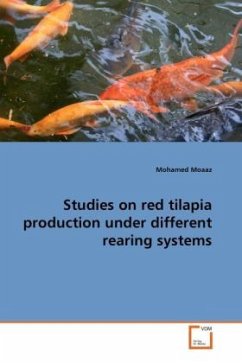This book explores the idea that poor fisheries management - and the economic and ecological damage which follows - is largely the result of management failures to implement important strategies to account for uncertainty. The two most important of these strategies are the precautionary principle and the ecosystem approach. After investigating the implementation of these strategies in Australian fisheries case studies, the author concludes that implementation is at best incompetent, and at worst dishonest. However, the case study of the southern ocean krill fishery, managed by the Commission for the Conservation of Antarctic Marine Living Resources, provides a important exception. Other case studies include the Western Rock Lobster fishery, the Northern Prawn fishery, the Orange Roughy fishery, and South Australia's abalone fishery. The central conclusion of the book is that steps must be taken bring about radical change in the cultures which operate within fisheries agencies. This could be achieved, the author argues, by replacing fisheries management agencies with agencies charged with managing marine biodiversity assets.
Bitte wählen Sie Ihr Anliegen aus.
Rechnungen
Retourenschein anfordern
Bestellstatus
Storno








